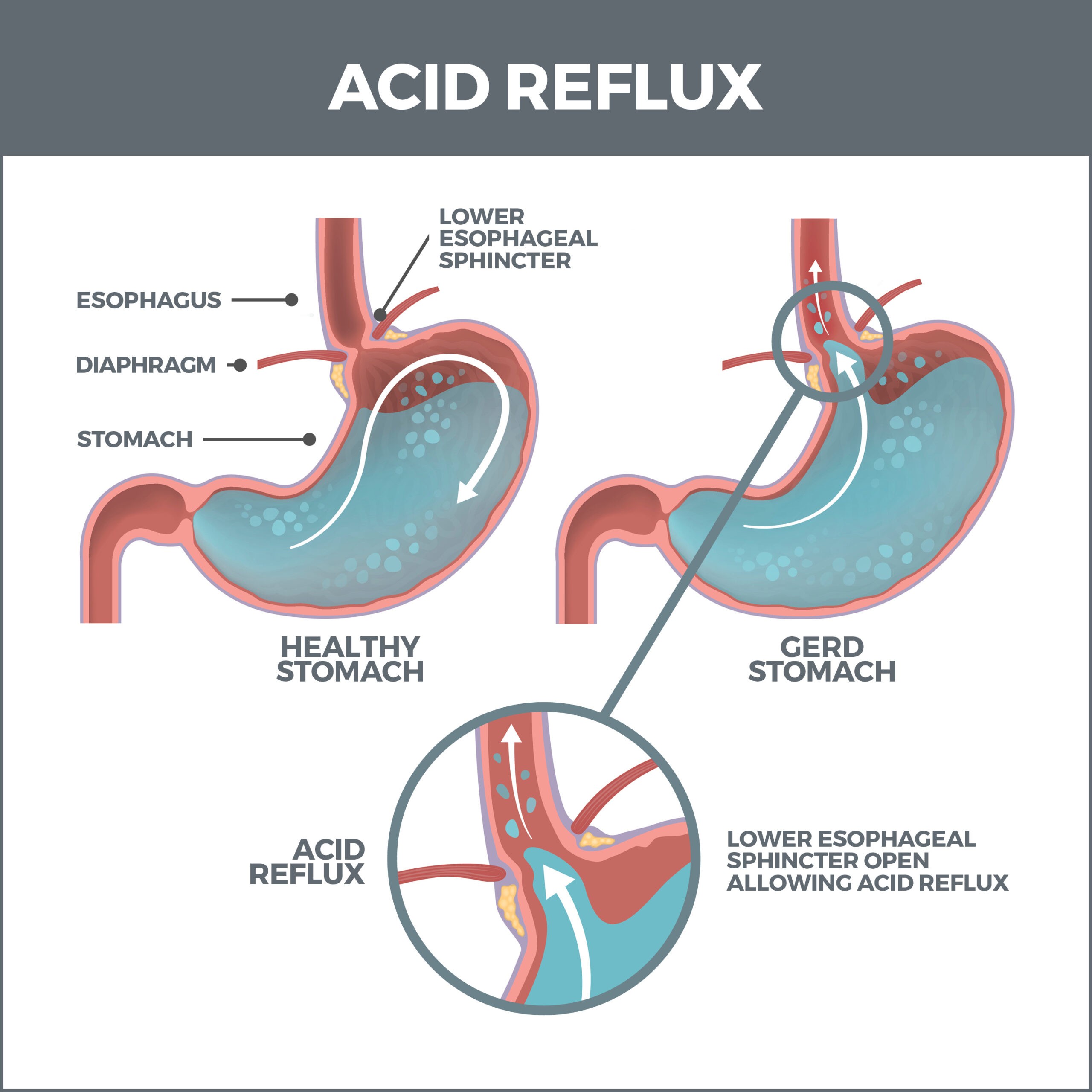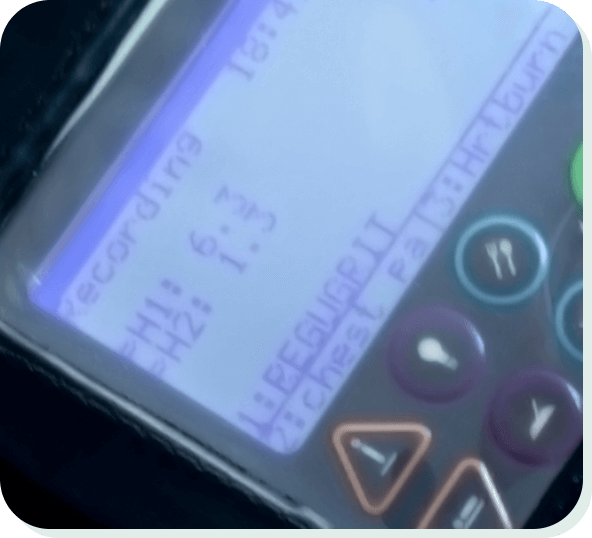A pH study is a diagnostic test that monitors gastroesophageal reflux (GOR) over a 24-hour period to determine if your child’s symptoms are caused by acid reflux. Gastroesophageal reflux occurs when stomach contents flow back into the esophagus (food pipe), which can happen due to various reasons, including a weakened valve (laxed gastroesophageal sphincter). Frequent acid reflux can lead to inflammation of the esophagus, causing discomfort and pain for your child.
We are located at Charlwood, West Sussex, making us easily accessible to treat children near Crawley, Worthing, Chichester, Waterlooville, Havant, Portsmouth, Brighton, Dorking, Surrey, London and all nearby areas.

A pH study is essential for assessing the severity of your child’s gastroesophageal reflux (GOR). This test helps us understand the correlation between your child’s specific symptoms or complaints and occurrences of acid reflux. It is conducted to evaluate patients experiencing heartburn, regurgitation, chest pain, cough, sore throat, hoarseness, and unexplained distress episodes in young children. The results will guide us in determining the most suitable treatment.
We will provide a detailed explanation of the test, allowing you to ask any questions and discuss any concerns with our team.

Your child may need to temporarily stop taking certain medications, including:
The test involves inserting a thin, flexible tube with a pH probe through the nose and down the back of the throat into the oesophagus. The tube is positioned a few centimetres above the stomach’s opening, allowing the probe to measure pH levels. These measurements are continuously recorded over the next 24 hours by a monitor attached to the other end of the tube.
If your child is awake, they can sit or be cuddled while the tube is being inserted. Your child may be uncomfortable for a short while. It may make your child sneeze, cough, retch and make their eyes water. A drink of small water sometimes makes it easier for the end of the tube to travel to the oesophagus.
Once the probe is in the desired position, the nurse will secure it to your child’s cheek, a chest x-ray will be taken to confirm that the probe is in the correct position. The probe may need to be repositioned by inserting or withdrawing the tube slightly. Your child will not be allowed to eat or drink until the position is confirmed.
Your child should not be in any discomfort whilst the probe is in place but may find that the tube tickles the throat a little.
You must return if the probe becomes displaced. The tube will be removed in the outpatient the following day. Your child should eat and drink as usual. You will need to fill in an activity diary; this will be explained in detail.
Your child could have a nosebleed when the tube is inserted into the nostril. This tends to happen more with children who have a history of nosebleeds.
There is a risk of the tube being removed accidentally or being vomited out. If the tube has come out completely, the study will be aborted and the tube will be removed. However, if the tube is removed accidentally after more than 18 hours of study, the data can still be used for analysis.
Your child will sit on a couch during the insertion of the tube. While the procedure may cause brief discomfort, it is normal for your child to sneeze, cough, retch, or have watery eyes. Sipping a small amount of water can sometimes help ease the tube’s passage to the oesophagus.
Once the probe reaches the desired position, the nurse will secure it to your child’s cheek. Adjustments may be needed, involving slight insertion or withdrawal of the tube. Your child will not be allowed to eat or drink until the position is confirmed.
Your child should not experience any discomfort while the probe is in place, though the tube might tickle their throat slightly.
If the probe becomes displaced, you must return for assistance. The tube will be removed in the outpatient clinic the following day. Your child should continue to eat and drink as usual. You will be required to keep an activity diary, which will be explained in detail.
After the PH study, please restart all anti-reflux medication until the results are known.
We are located at Charlwood, West Sussex, making us easily accessible to treat children near Crawley, Worthing, Chichester, Waterlooville, Havant, Portsmouth, Brighton, Dorking, Surrey, London and all nearby areas.
Worried about your child's food allergies or eczema? Our specialist paediatric team is here to support you every step of the way.